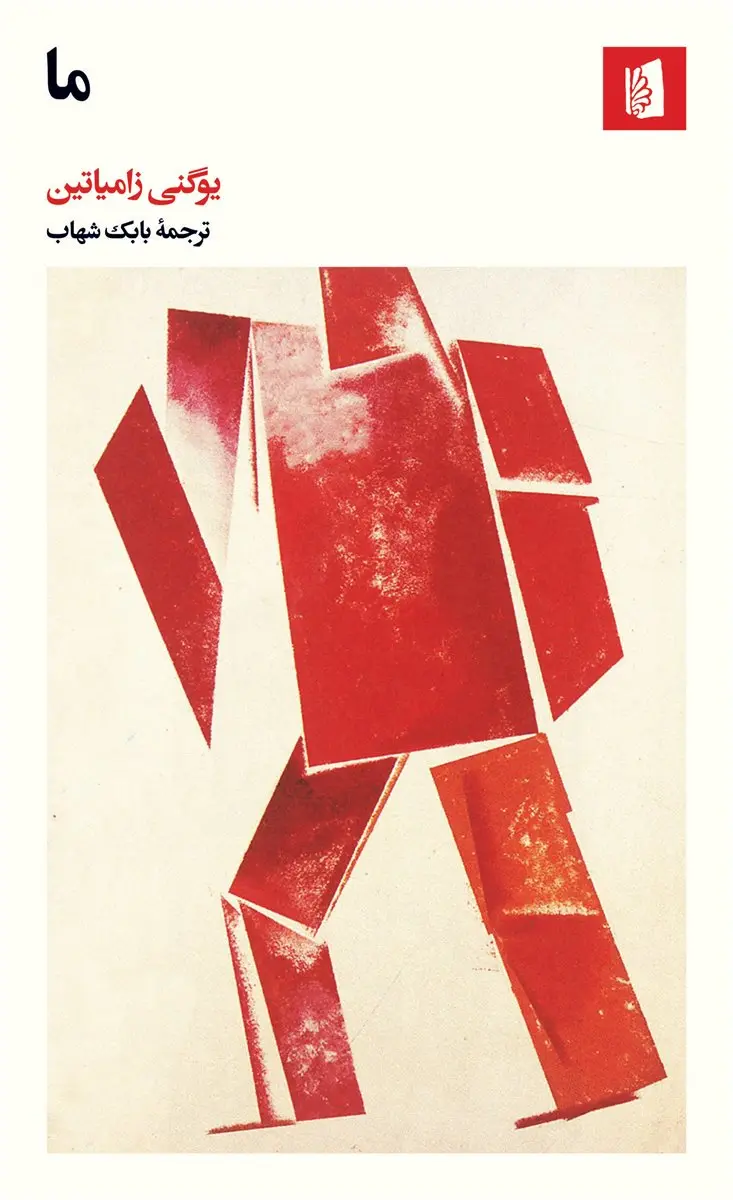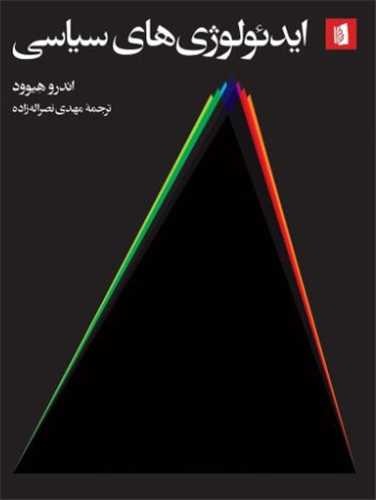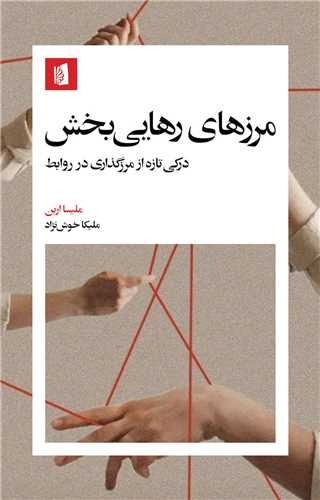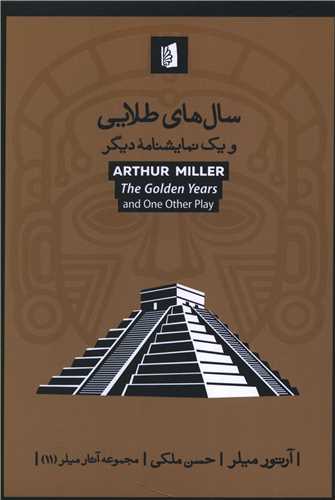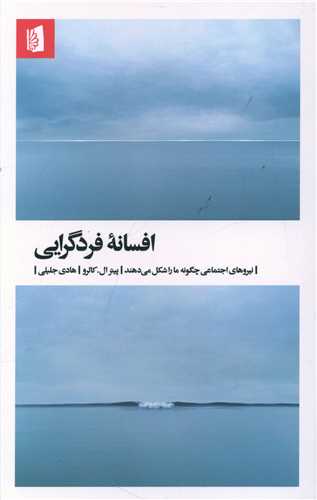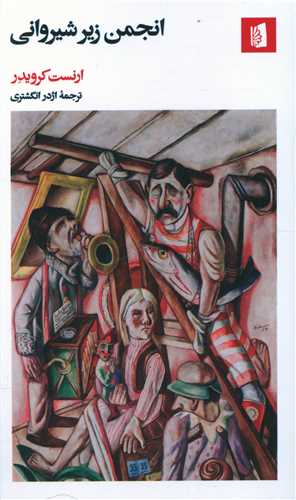Iliktirā: Persian 2022
الکترا
17.10 $
Share
Wishlist
Original Title:
Electra
ISBN:
9786007806203
Translator:
Ghulāmrizā Shahbāzī
Publisher:
Bidgul
Age Group:
Adult
Pages:
76
Weight:
88 g
Dimensions:
14 x 21 x 0.8 cm
Book Cover:
Paperback
Euripides' Electra is a play probably written in the mid-410s BC, possibly before 413 BC.
Years before the start of the play, near the start of the Trojan War, the Greek general Agamemnon sacrificed his daughter to appease the goddess Artemis. While his sacrifice allowed the Greek army to march on Troy, it caused deep resentment in his wife Clytemnestra. Ten years later, when Agamemnon returned from the Trojan War, Clytemnestra and her lover Aegisthus murdered him.
The play begins with the introduction of Electra, the daughter of Clytemnestra and the late Agamemnon.
The enduring popularity of the Oresteia trilogy (produced in 458 BC) is famous for Euripides' creation of the recognition scene between Orestes and Electra, which mocks Achilles' play.
In Euripides' version of the story, Electra is thrown out of the royal household and married a poor farmer to prevent her from having children of quite high status to avenge Agamemnon's death. One day two strangers arrive at his door. Although they do not introduce themselves, they are in fact Electra's exiled brother Orestes and his friend Pleiades. As he invites them in and tells them his story, an old servant recognizes Orestes from a childhood wound and...
more
الکترا اوریپیدس نمایشی است که احتمالا در اواسط سالهای 410 قبل از میلاد ، احتمالا قبل از 413 قبل از میلاد نوشته شده است.
سالها قبل از شروع نمایش ، نزدیک به شروع جنگ تروا ، ژنرال یونانی آگاممنون دخترش را فدا کرد تا از الهه آرتمیس دلجویی کند. در حالی که فداکاری وی به ارتش یونان اجازه داد تا به سوی تروا حرکت کند ، اما این امر موجب کینه عمیقی در همسرش کلیتمنسترا شد. ده سال بعد ، با بازگشت آگامنون از جنگ تروا ، کلیتمنسترا و معشوقش اگیستوس او را به قتل رساندند.
نمایش با معرفی الکترا ، دختر کلیتمنسترا و آگاممنون فقید آغاز می شود.
محبوبیت ماندگار سه گانه اورستیا (که در سال 458 قبل از میلاد تولید شده است) در ساخت صحنه شناسایی بین اورستس و الکترا توسط اوریپیدس مشهور است ، که نمایشنامه آشیل را مسخره می کند.
در نسخه اوریپیدس از داستان ، الکترا از خانه سلطنتی به بیرون پرتاب شده و با یک کشاورز فقیر ازدواج کرده است تا از داشتن فرزندان با وضعیت کاملا بالا برای انتقام از مرگ آگامنون جلوگیری کند. یک روز دو غریبه به درب او می رسند. اگرچه آنها خود را معرفی نمی کنند ، اما در حقیقت برادر تبعیدی الکترا ، اورستس و دوست او پلیادس هستند. هنگامی که او آنها را به داخل دعوت می کند و داستان خود را برای آنها تعریف می کند ، یک خدمتکار پیر اورستس را از زخم کودکی تشخیص می دهد و...
more










